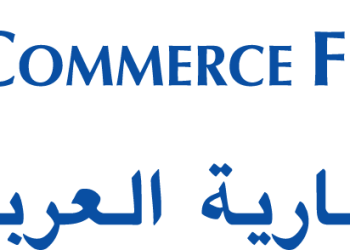Tripoli, 1 October 2013 :
Photography was a dangerous business under Qaddafi’s dictatorship. The craft produces visual, independent, public records, a threat to any . . .[restrict]state or regime built on a tightly controlled and monitored public sphere.
Now, Libyan photographers are bravely stepping into a field long stigmatized and stained by suspicion.
“Before the revolution, I had never seen someone with a camera, because secret service would come and pick them up and they wouldn’t see the light,” says Abdelsalam Doma, a translator working with a new batch of Libyan photographers participating in 1Libya’s training workshop.
In part to help break this stigma, to build the capacity of Libya’s new visual artists, and to help Libya on its path to a freer and more vibrant public sphere, 1Libya has just completed its second training workshop for a group of photographers.
In July of last year, over 70 enterprising young Libyans submitted their photographs to 1Libya. Of these, 12 were selected to participate in a training workshop delivered by experienced photographer and teacher Tine Harden. This year, Harden returned to work with 1Libya to continue the work of assisting the budding photographers.
“They are very curious, very eager to learn something,” says Harden of her students. “From this workshop there will be two or three more who can work full time” as photographers.
For Talal Burnaz, project officer at 1Libya, this is the sort of capacity building that can really make a difference in strengthening Libya’s nascent institutions.
“This workshop, like other media capacity workshops we have conducted, is something we believe can make a difference. We are providing the tools and the skills for young Libyans to pursue their passions in a way that can serve the country,” she says.
For decades, the Qaddafi regime shaped Libya’s educational institutions in a way that left a severe gap in the study of humanities and traditional liberal arts. Less overtly political fields of study, particularly in the sciences, enjoyed the investment from the state, while other fields were either suppressed or controlled. This is true also in the field of photojournalism. According to one photojournalist, even now, post-revolution, there are only a couple dozen Libyans working in this field full time.
“Training and support are only the first steps. As a non-governmental organization working in this field, we see our role as providing a social service. Whether it’s working to support women’s rights or to help with media capacity, we’d like to see a new class of professionals with the skills and experience to create a brighter future for our country,” says Hiba Khalil, 1Libya’s program manager.
Part of that means helping young professionals to support themselves. According to Harden, this second photography workshop also includes lectures on how to make a living from photography. She says that the students have worked together, agreeing to set common prices for their work so as not to undercut each other.
For information on this workshop, its participants, and follow up projects on this capacity-building endeavor, contact 1Libya by email at [email protected] or by telephone at +218(0)916256170 [/restrict]



